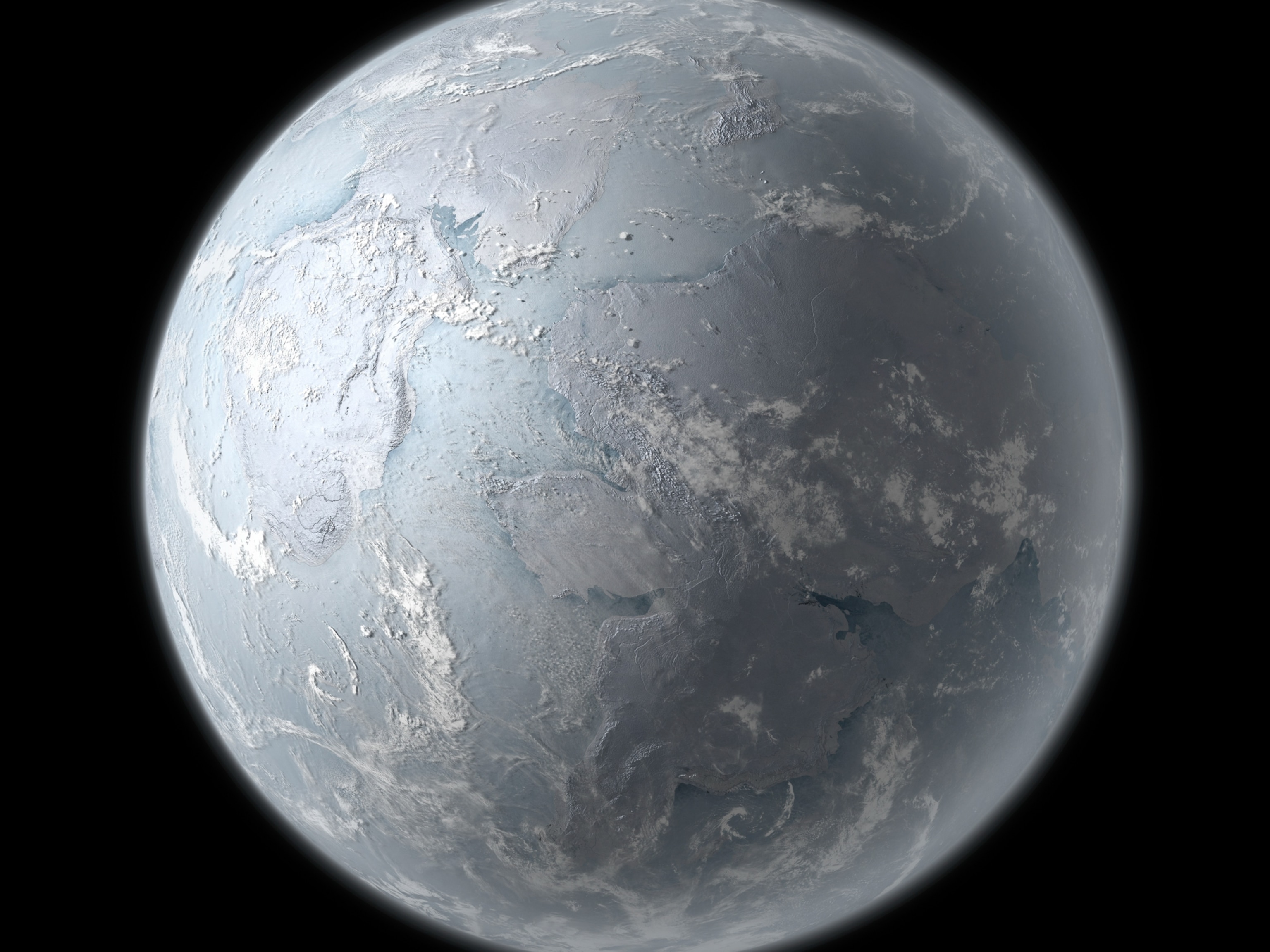
Sea Spray Detected 900 Miles Inland
Sea spray has been detected in the middle of the United States, 900 miles (1,400 kilometers) from any ocean, a new study says.
Sea spray has been detected in the middle of the United States, some 900 miles (1,400 kilometers) from any ocean, a new study says.
Scientists discovered chlorine—a key element in sodium chloride, or the type of salt found in seawater—in Boulder, Colorado's (see map) mountain air.
Boulder's sea spray is too sparse to taste or even smell. But it's still much more abundant than previously thought—and it may be contributing to air pollution, said study team member Joel Thornton, an atmospheric chemist at Seattle's University of Washington.
"We discovered chlorine chemistry happening in a region that we didn't expect it to be happening," Thornton said.
(Related: "Pollution From U.S., Europe, Others Speeding Arctic Warming, Study Says.")
Accidental Discovery
The chlorine discovery above Boulder was accidental, Thornton said.
Thornton and his team were testing out a custom-built chemical ionization mass spectrometer that they intended to use later, during a research cruise across the Atlantic Ocean.
"In preparation for that, we put our tubes out a window to do some tests, and we made the first observations of this compound," Thornton recalled.
When the team shifted their focus to study chlorine, they found that, worldwide, as much as ten billion metric tons of chlorine enters the atmosphere from sea spray annually, but only a tiny fraction—perhaps a third of a percent—does not fall back to the surface.
Yet not all, or even most, of the United States' inland chlorine comes from the ocean. Other sources include coal burning, the burning of biomass such as trees, the application of chemicals on icy winter roads, and even the release of dust from salt flats, the study said.
Salty Smog
While sea spray may be a pleasant beach experience, its presence so far inland may worsen air pollution in cities, added Thornton, whose research is detailed in this week's issue of the journal Nature.
That's because chlorine can react with other molecules to create smog. (Find out how much you know about the dangers of pollution.)
In the absence of chlorine, for example, haze-forming pollutants such as nitrogen oxide become bound to other molecules at night and are "cleaned" from the atmosphere. During the daytime, sunlight plays a role in keeping pollutants in the atmosphere.
If chlorine is present, this nighttime removal process doesn't occur, and the nitrogen oxides can be regenerated in the morning, when the sun rises and rush hour traffic adds more pollutants to the air.
Atmospheric chlorine may also enhance the production of ozone, a key ingredient of smog that is potentially toxic to animal and plant life, Thornton said. But chlorine may also reduce the concentration of certain global warming-causing greenhouse gases, such as methane.
However, he added, the chemical reactions associated with chlorine are so numerous and interconnected that it will take time for scientists to parse them all out.




